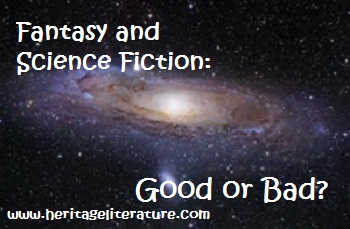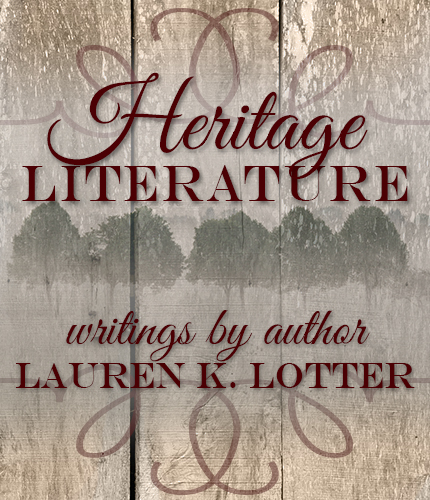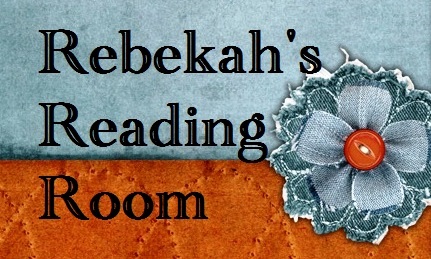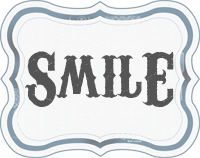The subject of Science Fiction and Fantasy is something I feel strongly about and I am concerned over the increasing popularity of these genres.
What is even more concerning is the fact that a large number of Christian authors are writing and promoting these genres.
And the number of teens/young adults that are not only reading these books, but becoming addicted to them is alarming.
This is what Wikipedia had to say about Science Fiction:
- A time setting in the future, in alternative timelines, or in a historical past that contradicts known facts of history or the archaeological record.
- A spatial setting or scenes in outer space (e.g. spaceflight), on other worlds, or on subterranean earth.[12]
- Characters that include aliens, mutants, androids, or humanoid robots and other types of characters arising from a future human evolution.
- Futuristic or plausible technology such as ray guns, teleportation machines, and humanoid computers.[13]
- Scientific principles that are new or that contradict accepted physical laws, for example time travel, wormholes, or faster-than-light travel or communication.
- New and different political or social systems, e.g. dystopian, post-scarcity, or post-apocalyptic.[14]
- Paranormal abilities such as mind control, telepathy, telekinesis, and teleportation.
- Other universes or dimensions and travel between them.
The identifying traits of fantasy are the inclusion of fantastic elements in a self-coherent (internally consistent) setting, where inspiration from mythology and folklore remains a consistent theme.[2] Within such a structure, any location of the fantastical element is possible: it may be hidden in, or leak into the apparently real world setting, it may draw the characters into a world with such elements, or it may occur entirely in a fantasy world setting, where such elements are part of the world.[3] Essentially, fantasy follows rules of its own making, allowing magic and other fantastic devices to be used and still be internally cohesive.[4]
You may be asking, what's the problem? Well, maybe nothing. But I'd like to show you why I think these two genres are dangerous, and how they are intertwined very tightly into most people's everyday lives…and how they are affecting our world today.
These genres tie into each other in most instances, so I am going to just write my thoughts on both at the same time.
We live in the age of modern science and technology. While these things have proved beneficial in many, many areas, they have also, in my opinion, been the downfall to our culture.
This nationally representative study found that the average 8-18 year old American spend 13.2 hours every week playing video games.
What does this have to do with Science Fiction and Fantasy?
Most of the video games these children are playing are full of everything the Wikipedia definition of Science Fiction and Fantasy includes.
Have you scrolled through Amazon's bestseller list recently? Nearly every book listed there is either Science Fiction, Fantasy, or Horror (that is a whole post by itself).
All of these books are also going to be chock full of the things listed on Wikipedia.
What are those items encouraging these children/teens/young adults to do?
The answer is simple—it is encouraging them to live in their imaginations.
Now, having an imagination is good! Encourage your young children to use their imaginations. We writers stretch ours to the limit! It is a good thing.
But living in it isn't.
And that is what most of our society is doing. Movies and videos game are encouraging this as well, but I'm here to talk about the effect of books.
When you create an imaginary world, with imaginary rules, people, customs, environment, you are encouraging your readers to create an imaginary world for themselves.
God created our Earth as it is and He created the universe, with the stars and other planets, as they are. He did not intend for us to try to create new worlds for ourselves, He placed them there that we might enjoy their beauty, their stunning glory.
I can understand why secular authors are writing these genres. People want an escape and by writing these books, they give the reader a tiny bit of control in an imaginary world.
But why are Christian authors doing it? Why don't they write books that reveal God's glory, that worship His creation, and encourage young people to live in the moment, in His world?
Without even looking at my Kindle, I could list 5-10 Christian authors who are writing Science Fiction and Fantasy books.
And they have a lot of young people reading them. They are influencing hundreds and hundreds of young folks. Is it a good influence?
Now, you might ask, "Aren't you doing the same thing as Sci-fi and Fantasy writers when you write fiction? After all, you are creating a story about people and places that don't exist."
Very true. That is what Fiction writers do. The difference is that our stories are within the bounds of reason and reality. Our stories could actually happen in the world we live in. The exact people and places we reference to may be made up for the benefit of the story, but the things we write about are actually realistically possible. In Sci-fi and Fantasy, the same is not true. The things they write about are not actually possible in the real world.
There is the difference.
When these authors are writing Sci-fi and Fantasy they are, to a point, playing God, creating their own world with its own rules. They can make anything they want happen any way they want. Because they do not have to conform to the rules of humanity, untold violence, murder, immorality and more can take place because they have no rules to follow, they make their own.
We authors who write Fiction are held to a higher standard. By the rules of the genre, the things that happen in our story must be realistically possible.
I have one final question.
Isn't God's world enough?
Isn't the beautiful, wonderful place He created for us to live in enough? Why do we feel the need to create fake worlds that do not exist? Why do we want to put so much of that stuff in our minds that eventually it takes over and we don't even realize it?
I think the answer to those questions is that we want control. In a world where so little is certain, we feel the need to control things. And by creating imaginary worlds where we make the rules, we can accomplish that.
This is dangerous.
Being an author means that I get to talk to a lot of readers. I love that part of being an author! But when young readers start listing the books they are reading, or I see what they have on their bookshelves on Goodreads, I cringe at the popular Sci-fi, Fantasy or Horror novels they are reading.
Parents: Encourage your children to leave those kinds of books behind and find good, clean fiction that encourages them to live in the present, or learn from the past.
Readers of all ages: Recognize the dangers of these genres and steer clear! Even if the book is by a reputable Christian author and has a good moral, it is not worth the subtle influence it will have on your mind. If you can justify one book, you will end up justifying a whole lot more. No matter how strong you think you are, each book you read leaves it's footprints across your mind and the damage is often times irreparable.
This post was not written to badger or judge you for your choice of reading materials, or if you are a writer, the kinds of books you write. Rather, my purpose was to make you aware of things you may have never thought about before. If you have questions about anything that was stated above, feel free to contact me. I would be more than happy to discuss why I believe what I believe on this subject in more detail with you.
As always, I love hearing your thoughts so leave a comment telling me what you think about this subject.

 RSS Feed
RSS Feed









